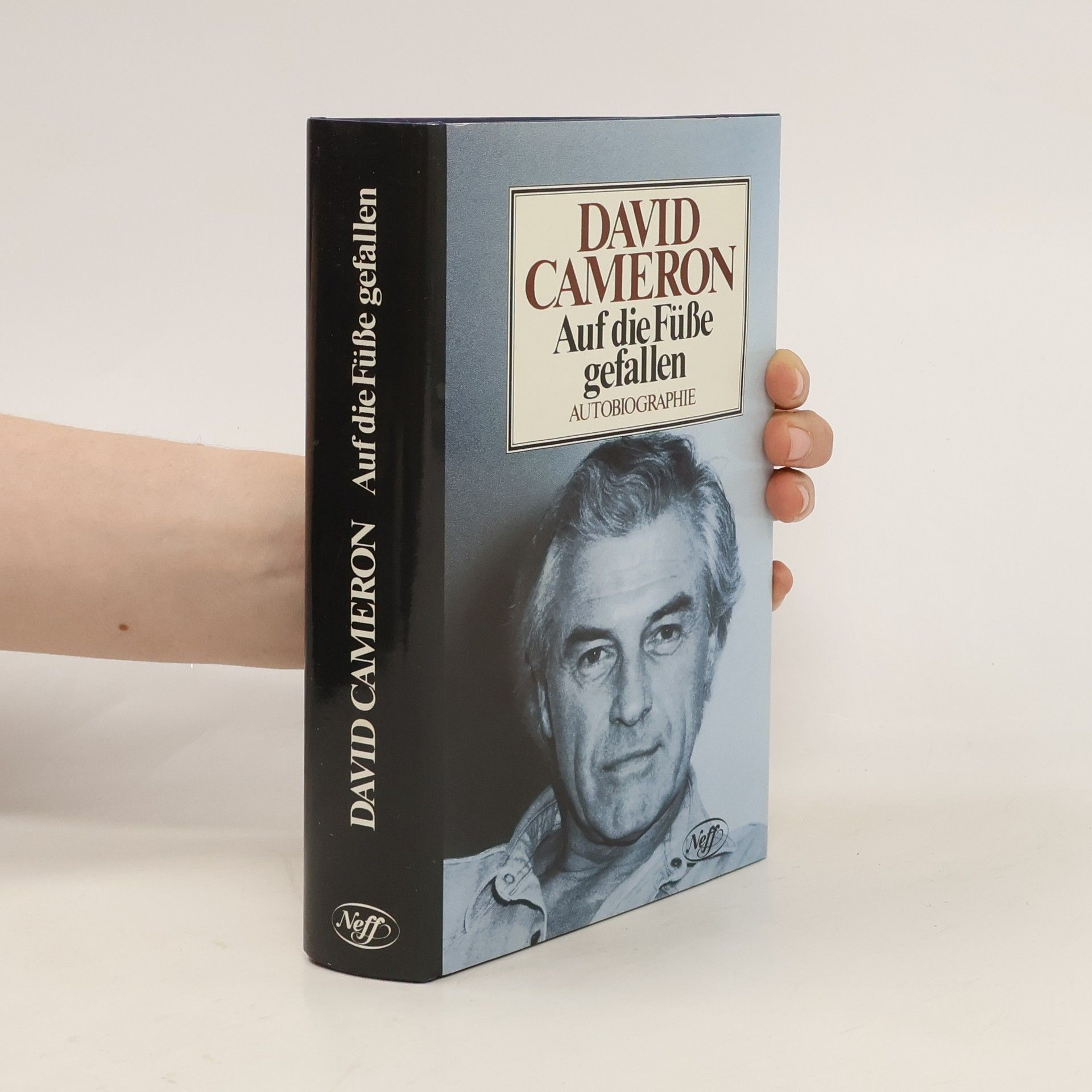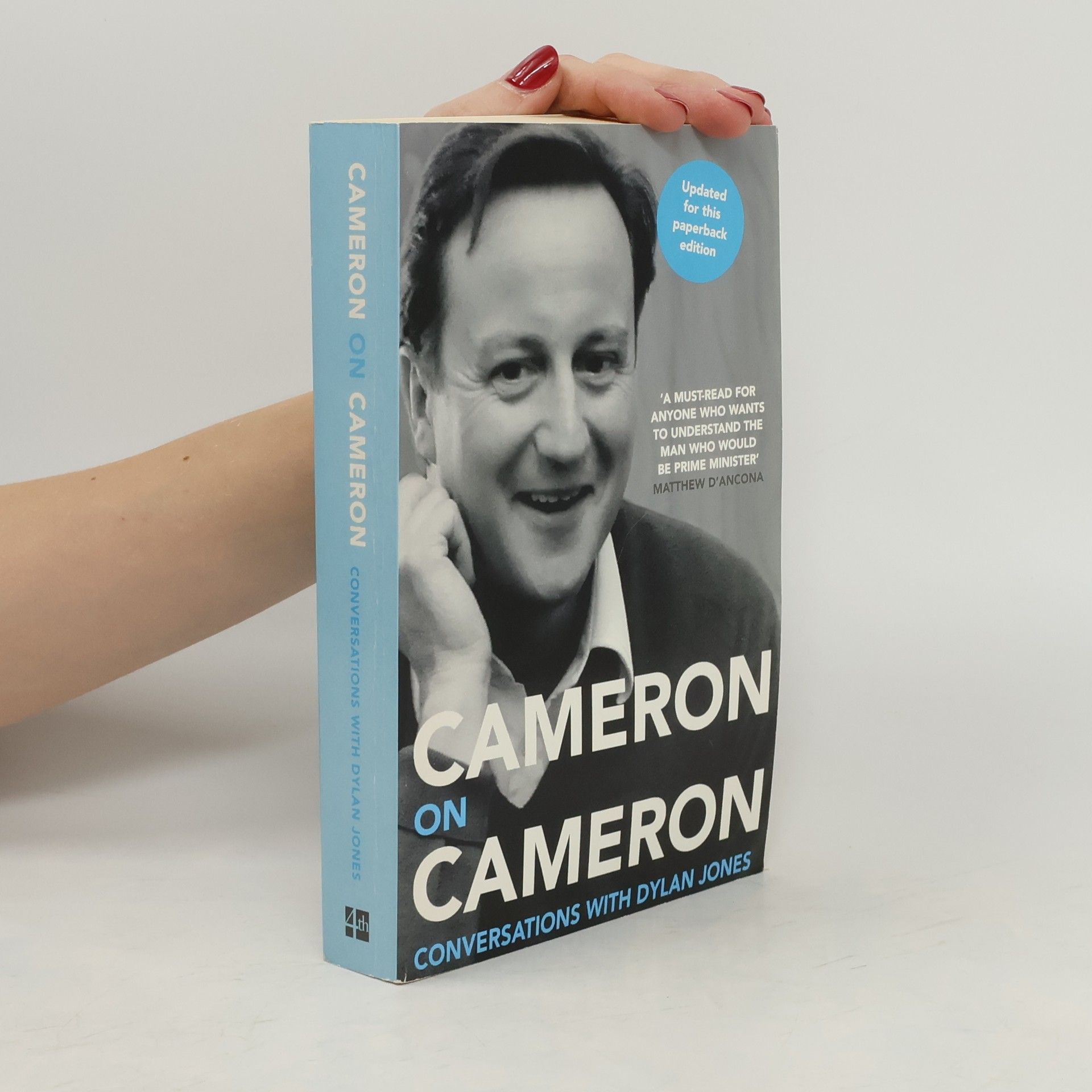For the Record
- 752pages
- 27 heures de lecture
'The political memoir of the decade' Sunday Times The #1 Sunday Times Bestseller
David Cameron est un médecin de famille qui s'occupe de la famille entière, de l'accouchement des bébés à la prise en charge des adultes et des enfants. En tant que membre du corps professoral clinique de l'Université de Washington, il forme les futurs professionnels de la médecine familiale. Il intègre son expertise médicale à sa foi chrétienne, intervenant dans des églises et des organisations communautaires. Sonya Cameron est une thérapeute conjugale et familiale agréée et une professeure adjointe, dont le travail comprend l'écriture, l'enseignement et le conseil. Sa vaste expérience en matière de conseil, de travail social et de ministère lui offre une perspective de santé élargie. En tant que conférencière, Sonya propose des ateliers de développement professionnel et des séminaires, et ses écrits sur l'intelligence émotionnelle ont été reconnus par ses pairs.



'The political memoir of the decade' Sunday Times The #1 Sunday Times Bestseller
Just who does David Cameron think he is? In a series of interviews, award-winning journalist Dylan Jones attempts to find out. From the Conservative Party's bouts of internal backstabbing to Cameron's family life, this book lays bare the forces which shape the leader of Her Majesty's Opposition.